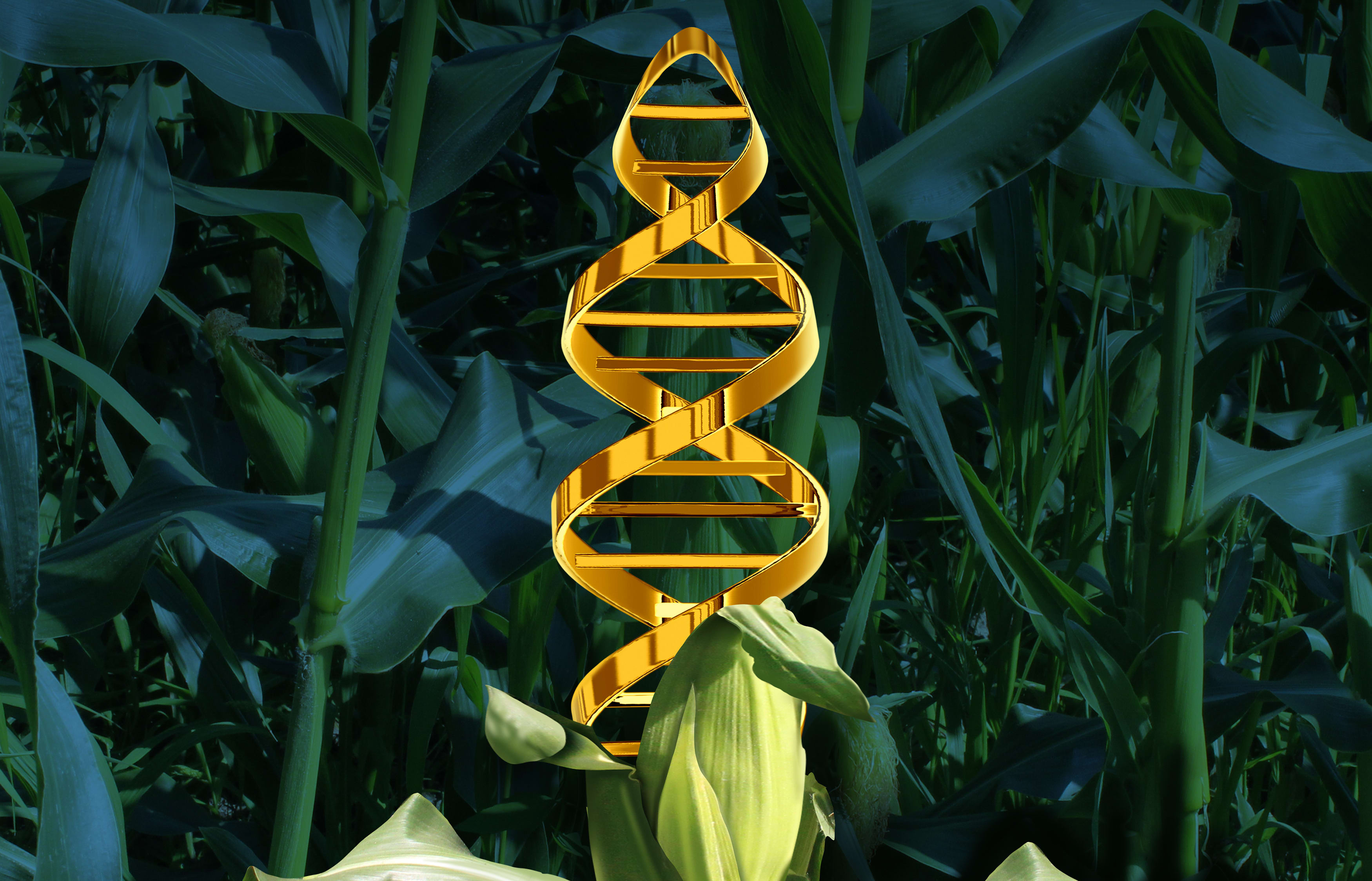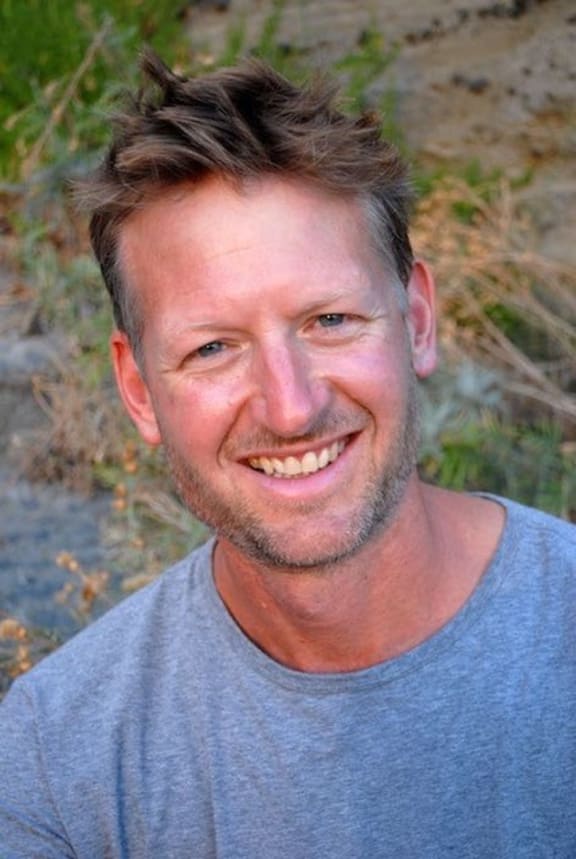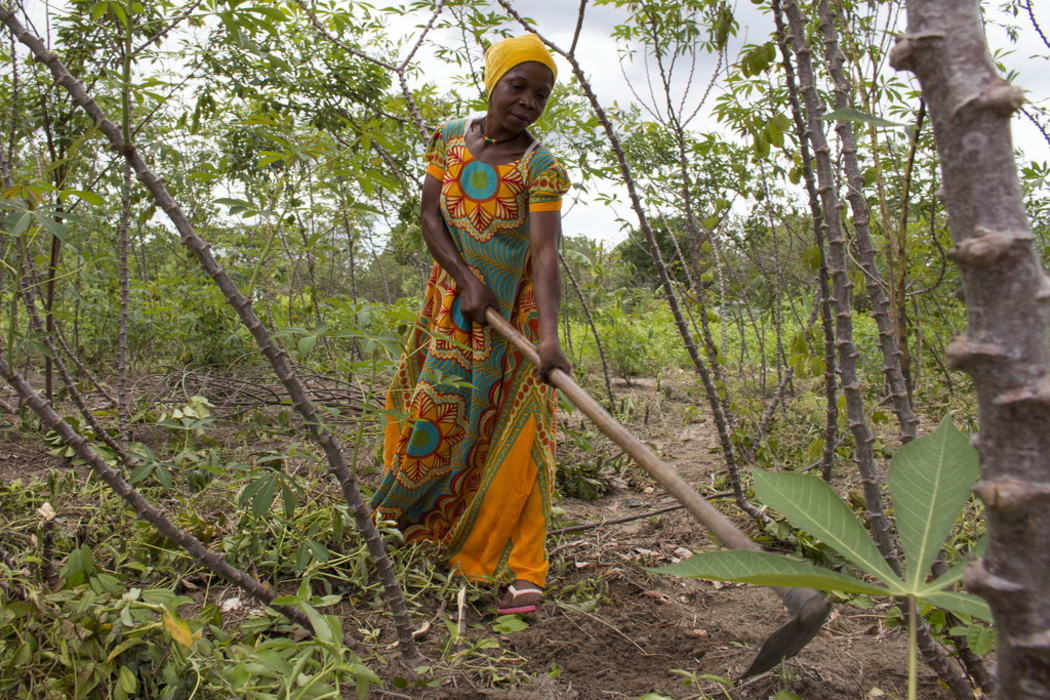In the 1990s, Mark Lynas and his fellow activists would descend on to fields of genetically modified crops in the dark of night and hack them to pieces.
But since then his stance has changed – and radically.

Photo: 123RF
In his latest book Seeds of Science, the British science writer argues that we've got it wrong saying GMOs [genetically modified organisms] and the laboratory is, in fact, our best hope for feeding the world's population.

Mark Lynas Photo: Supplied
Lynas says his initial stance was one of "total and implacable opposition".
"We wanted to eradicate all GM crops that were being grown at that time in the UK.
"By the end of the 1990s, there wasn't a single GM test site left anywhere in the country and our activism had been exported elsewhere to Europe and around the world."
Lynas' views changed while researching a book about climate (2007 's Six Degrees, which won the Royal Society prize).
"I was looking at peer-reviewed data on the issue of climate change and my mind opened to this idea there was a scientific method."
Environmentalists and scientists are aligned on the issue of climate change – but not so GMOs, he says.
"It's almost like the greens are on the same side as climate change deniers when it comes to the GMO issue. As a science writer, I realised, belatedly, I had to side with science on both these issues."
Rejecting GMO based on the basis of a gut feeling is foolish, he says.
"You might as well go back to believing in witchcraft … In Australia and New Zealand, you even have policy based on these anti-science fears."
Lynas recanted his earlier views on GMOs in a speech at Oxford University in 2013.
"I did feel I had to make a public apology, I owed the world an apology for having been a part of the early stages of the anti-GM movement, which I now believe has done a lot of damage in the world and continues to do a lot of damage."

Woman works in her cassava field in Mkuranga, Tanzania. Photo: Flickr/H.Holmes
That damage ranges from poor public understanding of GMOs to malnutrition in Africa, he says.
On a visit to Tanzania, he saw first-hand how catastrophic crop failure can be.
"In parts of Tanzania, there's a disease called brown streak disease [Cassava brown streak virus] which destroys the tubers of cassava which is a really important staple crop.
"It destroys them in the ground. It's a viral disease and scientists have successfully moved the virus from the soil in to plant - effectively inoculating it."
Because the cassava is modified, this is classed as a GMO, he says.
"It was labelled as GMO. All of the campaigning groups campaigned against them and claimed Monsanto was involved."
In Uganda, a UK charity took out radio ads warning about the dangers of GMO crops, he says.
"A really reputable NGO, Action Aid, an anti-poverty group supposedly, were running a radio ad that said 'Did you know that GMOs cause cancer and infertility?'
"It's hardly surprising that GMOs are banned in Africa."
That ban means countries with severe food insecurity are missing out on developing drought-resistant and disease-resistant crops, Lynas says.
He supports Greenpeace on many issues but says its opposition to GMOs is wrong-headed.
"It irritates me that the environmental movement has the science backward on something so important. I believe as an environmentalist we have to take science seriously and formulate our worldviews based on what the scientific evidence is.
"It does undermine Greenpeace's reputation and its claim to be a science-based organisation when they flatly deny the science and engage in misinformation on an issue like genetic engineering."
Lynas takes on board the criticism that GE is dominated by large companies such as Monsanto, but says that's no reason to ditch the science.
"We didn't try and ban computers because Microsoft had a monopoly on operating systems. You have to try and encourage public sector, open-source GE which benefits the poor and help the environment. It doesn't make any sense to go to prohibition."
While Lynas supports organic farming as a "niche product" he says it won't feed the world.
"In Africa, people are already organic, they don't have any inputs, they don't have any fertiliser and they are often growing very old varieties of crops and so they have incredibly low yields."
New Zealand's anti-GE stance is irrational, he says.
"I think it's nonsense, frankly. It's an aesthetic and cultural construct – it's not real, it's not science-based and it's not necessarily best for the environment."
Book Review - The God Species
Written by Mark Lynas, reviewed by Gilbert Wong and published by Fourth Estate. Audio

